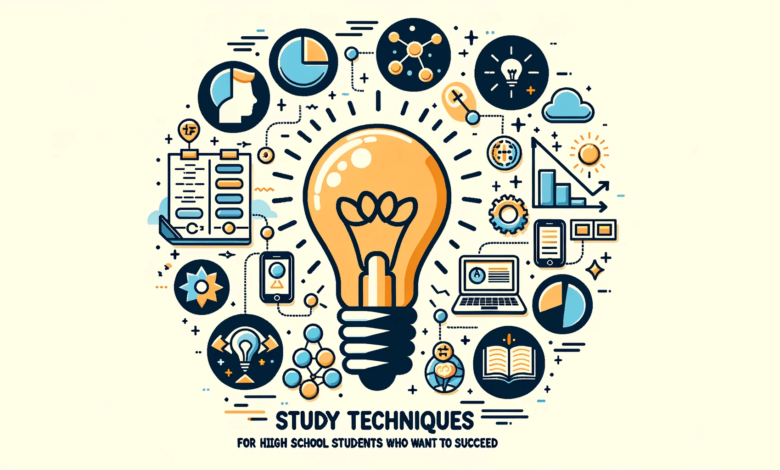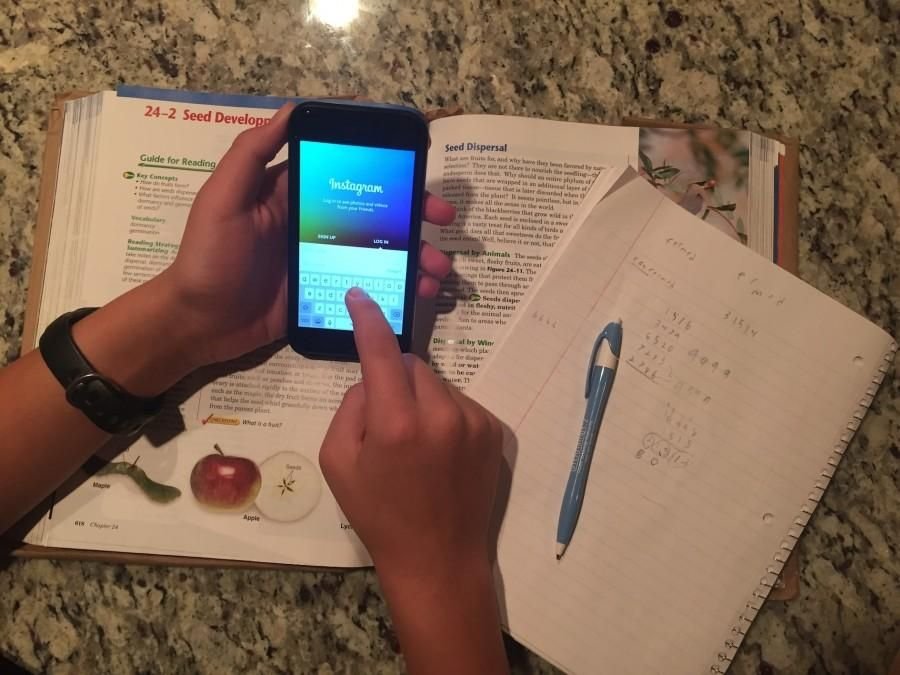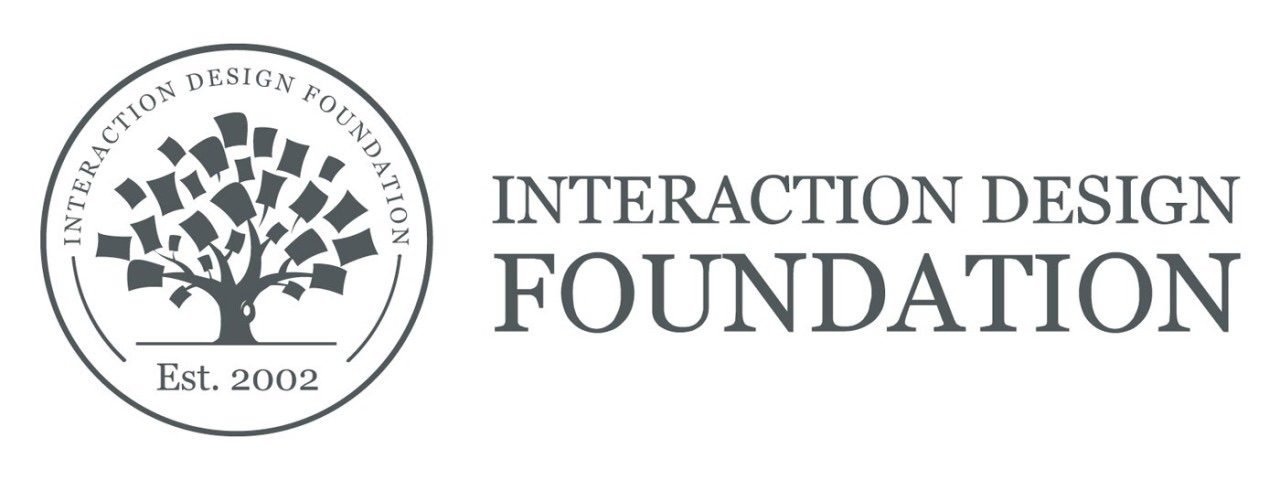EFFECTIVE STUDY TECHNIQUES AND HABITS TO MASTER THE ART OF LEARNING

For every student, the ability to learn and retain information effectively is fundamental to attaining academic success. However, with a myriad of distractions and competing priorities, learning can seem like a daunting task. From keeping up with social media trends, balancing multiple responsibilities to family obligations, staying focused on learning and being able to retain learned information can be a difficult feat. This is why it is important for students to explore and adopt effective study techniques that will enable them to retain information more effectively. In this blog post, we will explore proven study techniques and habits that will help you maximize your productivity.
Proven Study Techniques and habits for effective learning
1. Create a productive study environment:
Finding an appropriate study environment plays a crucial role in your ability to concentrate and retain information. A quiet and comfortable space free from distractions where you can concentrate fully could do the trick. A suitable study environment must be organized with all the necessary materials within reach.

Anything that poses as a distraction such as a phone, must be kept away from the study room. Experiment with different environments to discover what works best for you.
2. Set clear goals and objectives:

Before every study session, take a moment to set clear goals and priorities. Outline the topics you need to cover and break them down into pieces. Set specific objectives for each study session, whether it is solving a number of practice problems, reviewing lecture notes, completing an assignment or mastering a particular topic. By setting clear goals, you will stay focused and motivated throughout your study session.
3. Adopt active study techniques:

Passive studying, such as mindlessly rereading notes and the chew-and-pour technique, are not the most effective ways to retain information. Instead, adopt active learning techniques that allows you to think critically and promote deeper understanding. Experiment with techniques such as note taking, summarization and practice testing. Teaching other is also another way to actively learn. These strategies not only promote your understanding but also enhance long-term retention.
4. Time management techniques:

Having a personal timetable is key to ensuring a disciplined study life. Break your study session into short, focused intervals followed by a short break. After completing a long study session, take a longer break to recharge. The timetable must be designed to allocate ample time to meet the workload of the different subjects and must be followed diligently. Last minute learning is not the way to go. This helps to maintain concentration and prevents fatigue by providing time for rest and rejuvenation.
5. Foster healthy study habits:
Being in the right state both physically and mentally is an essential component of effective studying. Prioritize self-care by getting adequate sleep, staying hydrated, eating a well-balanced diet, and incorporating regular exercise into your routine. Take breaks as needed to rest your eyes, stretch your muscles, and clear your mind. A healthy body and mind are the basic for effective learning.
Whether you are preparing for exams, tackling challenging assignments, or pursuing your passions, learning is a process that requires commitment and discipline. By incorporating these effective study techniques and habits into your routine, you will not only improve your academic performance but also develop lifelong learning skills.















